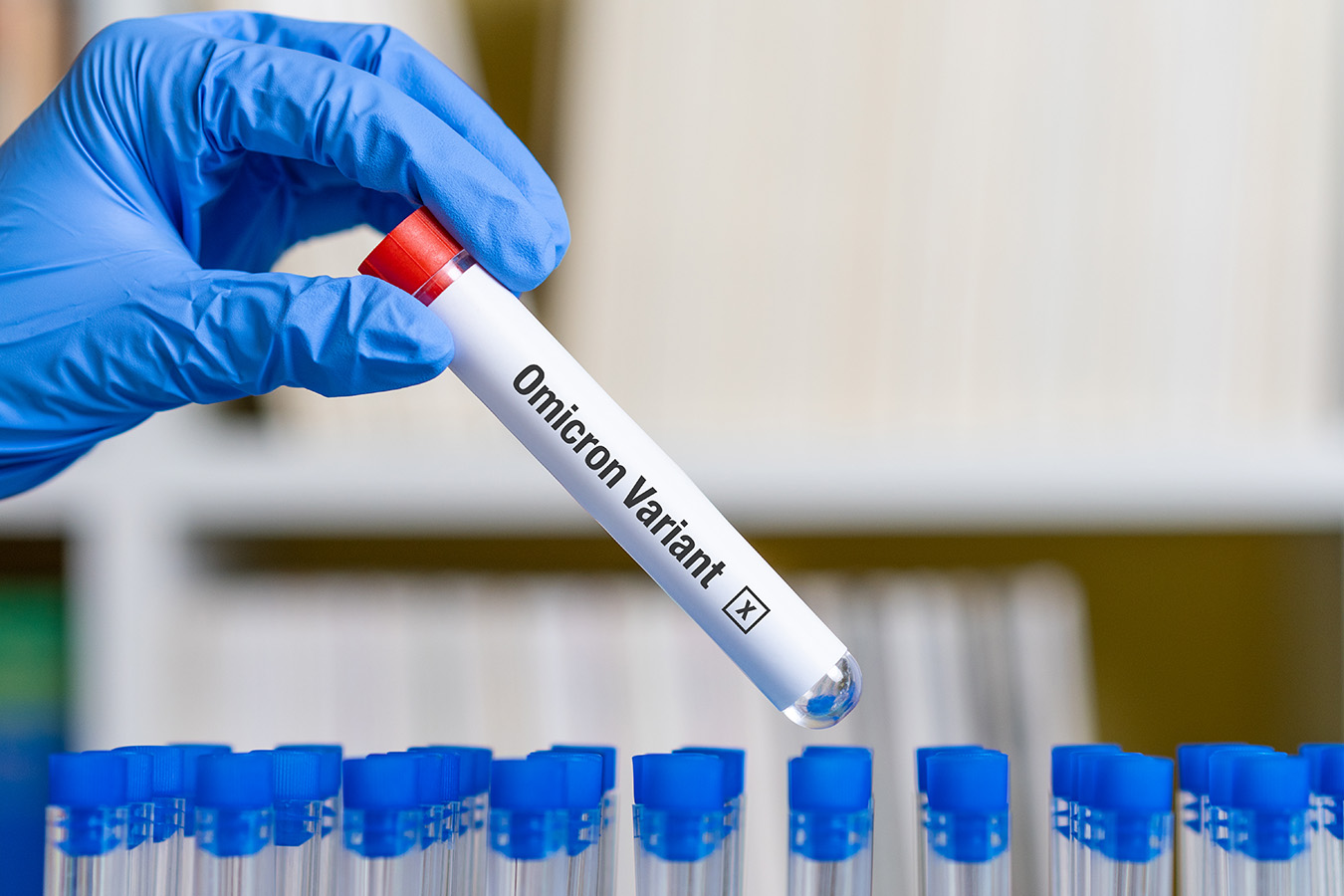How to Make Sense of the COVID-19 Variants

As the coronavirus pandemic continues to change over time, our understanding of this virus and how to track, prevent, and treat it evolves. The most recent variants — called Delta and Omicron — have increased the spread around the world. In addition, some COVID-19 variants are more contagious than the original strain, and some cause more severe symptoms.
Will COVID-19 continue to mutate? What are leading health organizations doing in response? Are the vaccines and booster shots effective against new variants?
The future of the pandemic is unknown. Here’s what we do know.
A mutation is a single change in a virus’s genetic code. A virus variant contains one or more mutations. Viruses constantly change, and sometimes these mutations create new variants.
Because the virus that causes COVID-19 is constantly mutating, the Centers for Disease Control and Prevention expects new variants to continue to emerge. Some variants will come and go. Others will widely spread and replace earlier variants.
“The only constant in this pandemic is change,” says Roy E. Weiss, M.D, PhD., Chief Medical Officer for COVID-19 at the University of Miami Health System. “And, when the virus mutates, we must also adapt, but we already have the tools we need to stay safe.”
About the Delta variant
When the Delta variant popped up across the U.S. in the summer of 2021, it was the first time many of us learned that the coronavirus could mutate. This variant has caused more infections, spreads faster, and may cause more severe cases than the original strain of the virus that causes COVID-19.
Fully vaccinated people can get infected with the Delta variant. However, those with an active infection are contagious, even without symptoms.
Getting vaccinated and boostered against COVID-19 dramatically reduces your risk for severe illness, hospitalization, and death from the Delta variant.
What we know and don’t know about Omicron
As of December 2021, the Omicron variant was spreading rapidly across the U.S. and much more quickly than the original strain or any other variant. Because it is so new, there is still much to learn about the mutated COVID-19 virus. Research is being done to determine if Omicron infections can cause as much severe illness or death than previous COVID-19 variants.
Fully vaccinated people can get infected with the Omicron variant. Those with active infection are contagious, even without symptoms.
While breakthrough infections are expected, getting vaccinated and boostered against COVID-19 greatly lowers your risk for severe illness, hospitalization, and death from the Omicron variant. According to the CDC, this further emphasizes the importance of vaccination and boosters.
Do existing treatments work against variant infections?
Scientists are working to determine the effectiveness of treating active infections of COVID-19 variants with existing treatments. Some currently available therapies are likely to prove effective against new variants, while others may be less effective.
FDA-approved monoclonal antibody treatments are one of the available therapies for COVID-19 disease. However, the effectiveness of this treatment depends in part on the infected person’s age, underlying conditions, the severity of symptoms, and when they begin receiving treatment.
These treatments, while effective, do not provide the strength of immunity that a vaccine will provide in patients who have a competent immune system.
One of them is Sotrovimab (Glaxosmithkline). It is used for COVID-positive patients to prevent worsening of symptoms.
“Monoclonal antibodies are a partial substitute for the antibodies the body would make if it were exposed to the virus. They lessen the likelihood that the virus will cause you to get super sick,” says Dr. Weiss. “They must be prescribed by a healthcare provider and are administered intravenously to someone positive for COVID-19 and at great risk for severe illness.”
Another new monoclonal antibody, Evusheld (Astrazeneca) is designed for pre-exposure prophylaxis in adult and pediatric patients (older than 12 years) who are immune-compromised to prevent them from getting an infection. Patients who feel they fall in this group should contact their provider to see if this drug is right for them.
In December of 2021, the FDA approved two antivirals for COVID-19.
Molnupiravir is an antiviral developed by Merck, which works by causing the virus to replicate with mutations that lead to the virus’s inability to survive.
Paxlovid, developed by Pfizer, is slightly different. The main antiviral halts viral replication, but a second ingredient in the treatment is a drug that protects the first from being broken down by the liver.
“The antivirals are oral pills that are taken no later than five days after testing positive,” says Dr. Weiss. “They are given daily for a five-day treatment course.”
Written by Dana Kantrowitz and Natasha Bright, contributors to UMiami Health News.
Tags: COVID treatments, covid variants, covid-19 in Miami, Dr. Roy Weiss
